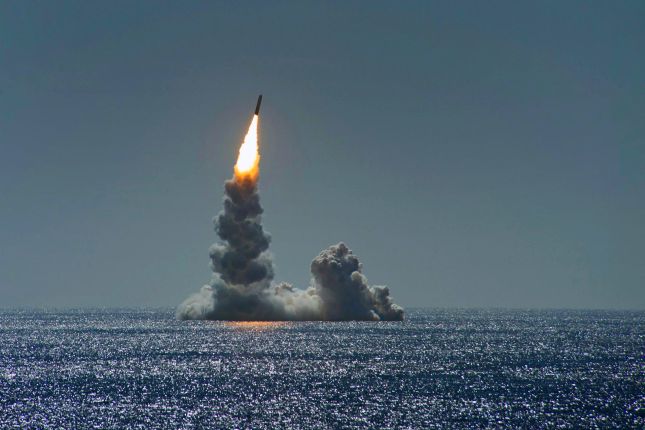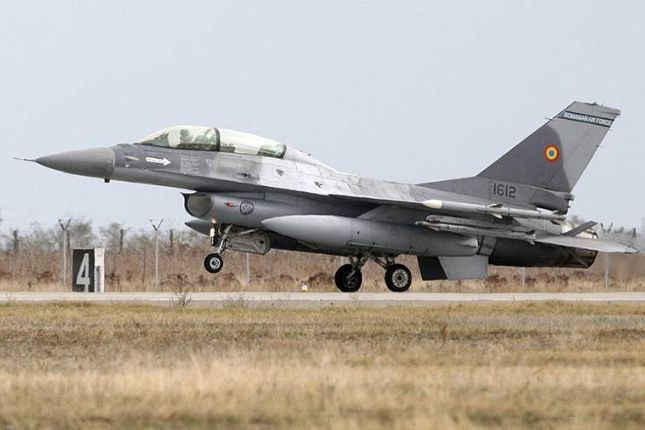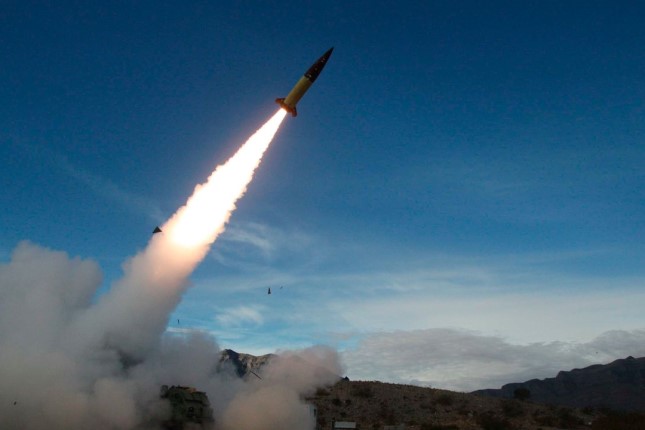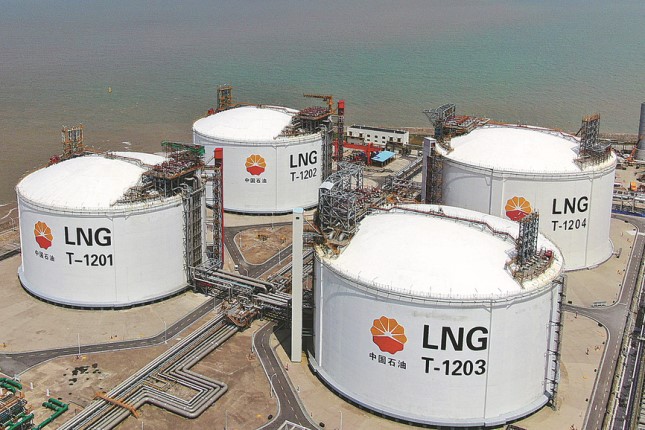Chinese military experts said on Sunday that the US is using the so-called Chinese missile threat as an excuse to pursue "absolute military superiority."
According to the Reuters report, one industry official said putting the highly agile Patriot Advanced Capability-3 Missile Segment Enhancement (PAC-3 MSE) interceptors, used primarily in the US by the Army, aboard Navy ships anticipates advances in Chinese missile technology, including the use of highly maneuverable hypersonic weapons.
Integrating the Lockheed Martin-made missiles with ships' air defenses comes amid simmering tension in the "Indo-Pacific region" as China rapidly modernizes its military, the report said.
Zhang Junshe, a Chinese military expert, told the Global Times on Sunday that in order to ensure absolute military superiority against its opponents, the US military has been putting in a lot of efforts in recent years to develop various missile attack and defense systems. "Previously, the US military had worked to transfer the vessel-based Tomahawk cruise missile system to land, enhancing its missile strike capabilities against other countries from land. Now, it is attempting to deploy land-based missile systems at sea to improve missile air defense capabilities," Zhang said.
However, Zhang noted that if the US does not provoke war, no country would take the initiative to strike US vessels. "This precisely demonstrates that the US military is using the so-called threat of China's missile development as an excuse to continuously enhance its missile strike capabilities across land, sea, and air, seeking absolute military superiority," Zhang said.
Zhang said that the US Navy's plan to arm some of its vessels with Patriot interceptor missiles means it must first address some technical issues.
Currently, the main surface combat vessels of the US are the Ticonderoga-class guided missile cruisers and the Arleigh Burke-class destroyers, which primarily use the Aegis combat system for intercepting intercontinental ballistic missiles at sea, employing the Standard Missile-3, Zhang said. "These two missile systems differ in terms of their operational command and control systems, fire control radar systems, and missile launchers."
Photo: House of Hegemony © Liu Rui / GT.
Source: The Global Times.
































